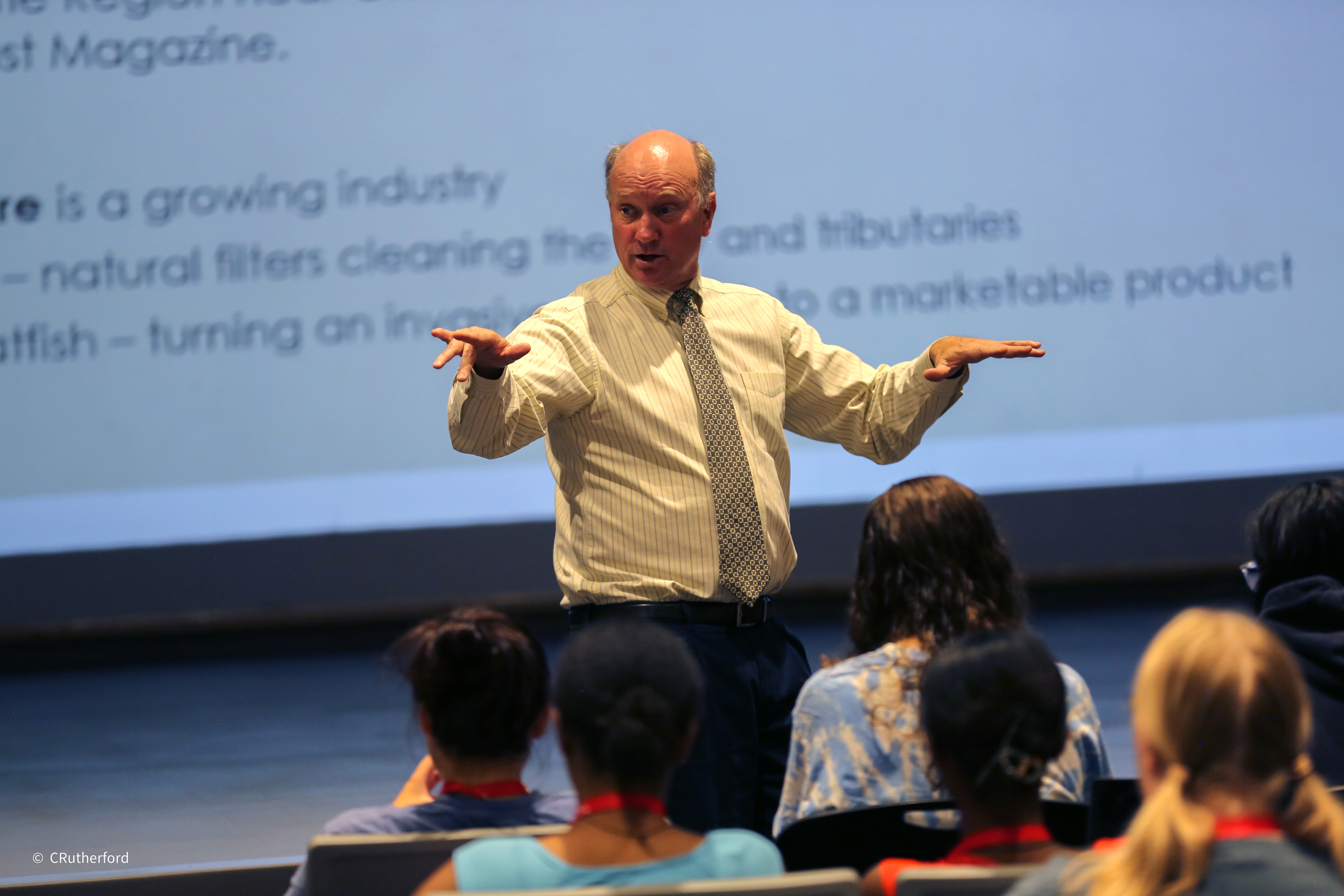Alumni Insights: The Impact and Versatility of an AAEC Degree

Joe Guthrie '89: Commissioner, Virginia Department of Agriculture & Consumer Services
How has your degree helped you pivot into different industries or excel in your role?
It’s important to be mindful when choosing a college major that careers don’t always go as planned. So you need an educational background that will provide flexibility to shift from one career field to another, and hopefully do so progressively while advancing your career. I have essentially had three careers:
- Production agriculture
- Higher education
- Local and state government
As a student, I didn’t anticipate a career in any field other than farming, but I did have interests in other fields like government and teaching. I just didn’t know that those interests would turn into careers. A degree in Agricultural and Applied Economics provided me with a strong background to understand and work in not only my chosen field of production agriculture, but in related ones as well, such as teaching agriculture at the university level and heading the state department of agriculture.
Can you share an example of how the skills you gained during your studies have applied to unexpected areas of your career?
What’s great about a degree in Agricultural and Applied Economics is that the fundamental principles it teaches are universally true and can be used in almost any field or application. An example is the concept of marginalism, which is the basis for much of economics. It basically asks, “If I change one thing, what is the difference, and is it worth making the change?” That’s an idea that I really absorbed as a student and have used ever since, and in a wide variety of ways as a farm manager, as an elected official, and as head of a state agency.
What’s one piece of advice you would give to prospective or current students about using an AAEC degree to open doors in a wide range of fields?
I’ve heard it said too often, “It’s not what you know, it’s who you know.” I don’t think it’s either/or. I’d say it’s a lot of both.
Having great knowledge and ability but not communicating that with the network of people who may be interested in hiring you or acquiring your services can definitely leave you behind others with that network. However, having a network of people and not having a good knowledge base and skill set can be just as limiting. People expect results from those they have hired, and if you can’t deliver, you aren’t likely to advance far.
The best careers are often from people with a combination of knowledge, ability, people skills, and an extensive network of friends and colleagues. So, definitely participate in the clubs, extracurriculars, do the internships, all those things that build networks. But hit the books too, and make sure you take in all the knowledge and ideas you can from your classes.
I taught at Virginia Tech for 15 years, and if a student expressed any regret about their educational experience, overwhelmingly it was that they didn’t take advantage of learning as much as they could have while they were there. I hope everyone who leaves with a degree in Agricultural and Applied Economics will do so satisfied that they both learned all they could and made the friendships and connections they could.




